

The Forgotten Imperial Army
Movie
6.0Oshima exposes the fact that many wounded soldiers cannot receive compensation from the Japanese government because of their Korean nationality, while questioning if this is a just way for the Japanese to act. The documentary uses TV to problematize the apathy of the Japanese people. According to Oshima’s 'The Idea of Evil and Cruelty' and Sato Tadao’s 'History of Japanese Documentary Film', the actual situation was much more serious and harsher than the documentary depicts.
Cast

Hōsei Komatsu
(voice)
You may also like
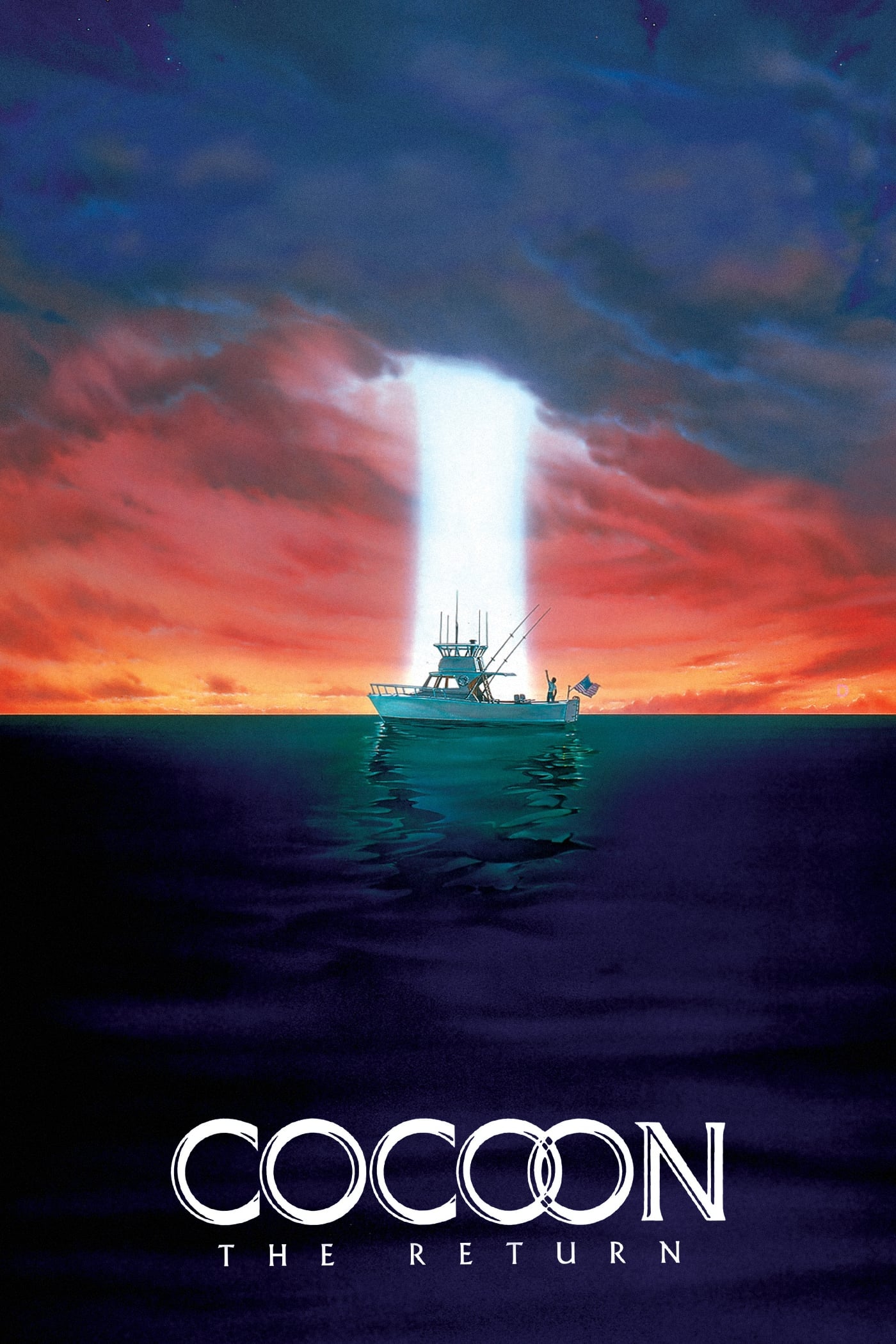
Cocoon: The Return
Movie / 1988

The Cave of the Golden Rose 2
Movie / 1992

WWE Wrestlemania XXVI
Movie / 2010

The Cave of the Golden Rose 3
Movie / 1993

Vampiros DF
Movie / 2017
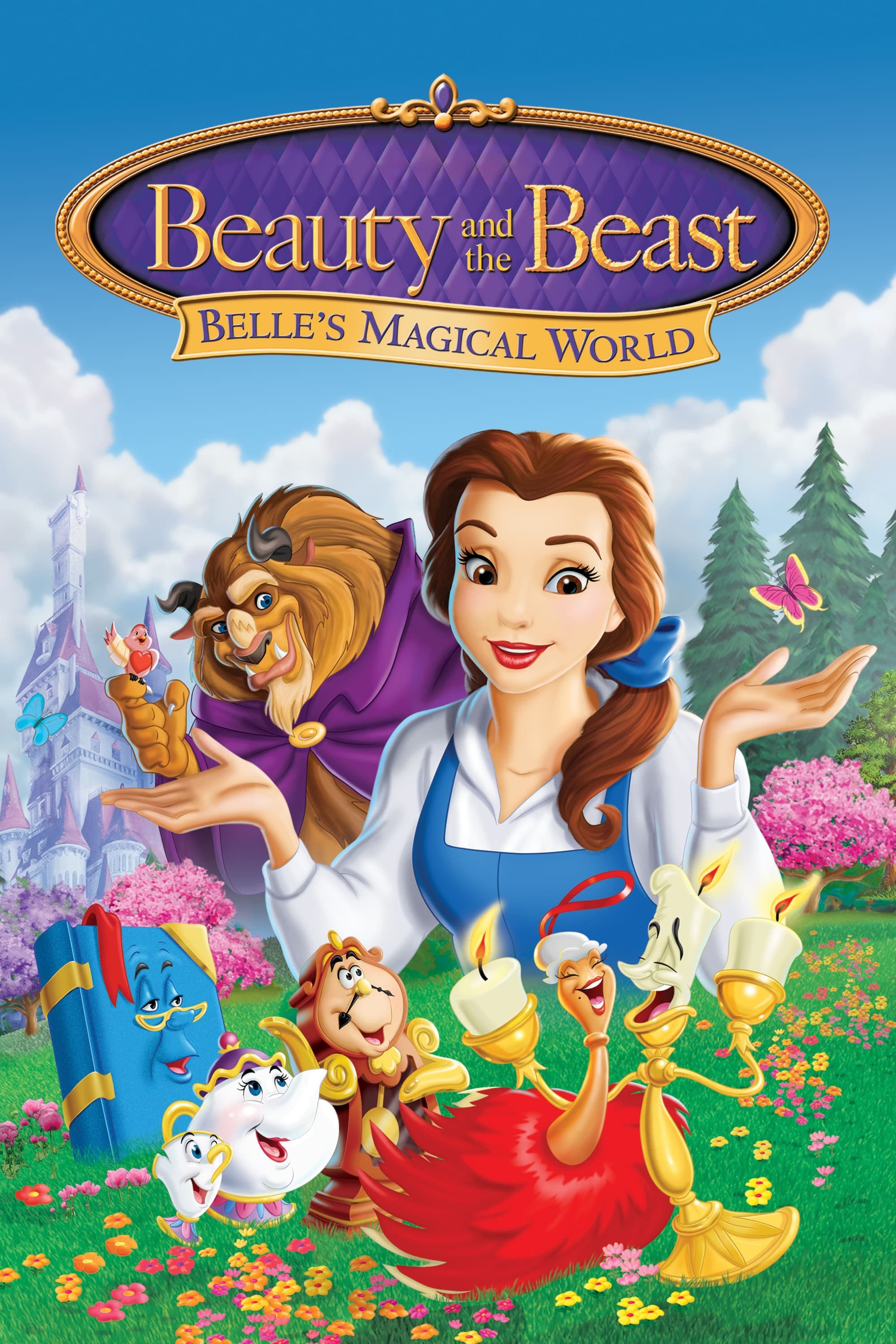
Belle's Magical World
Movie / 1998
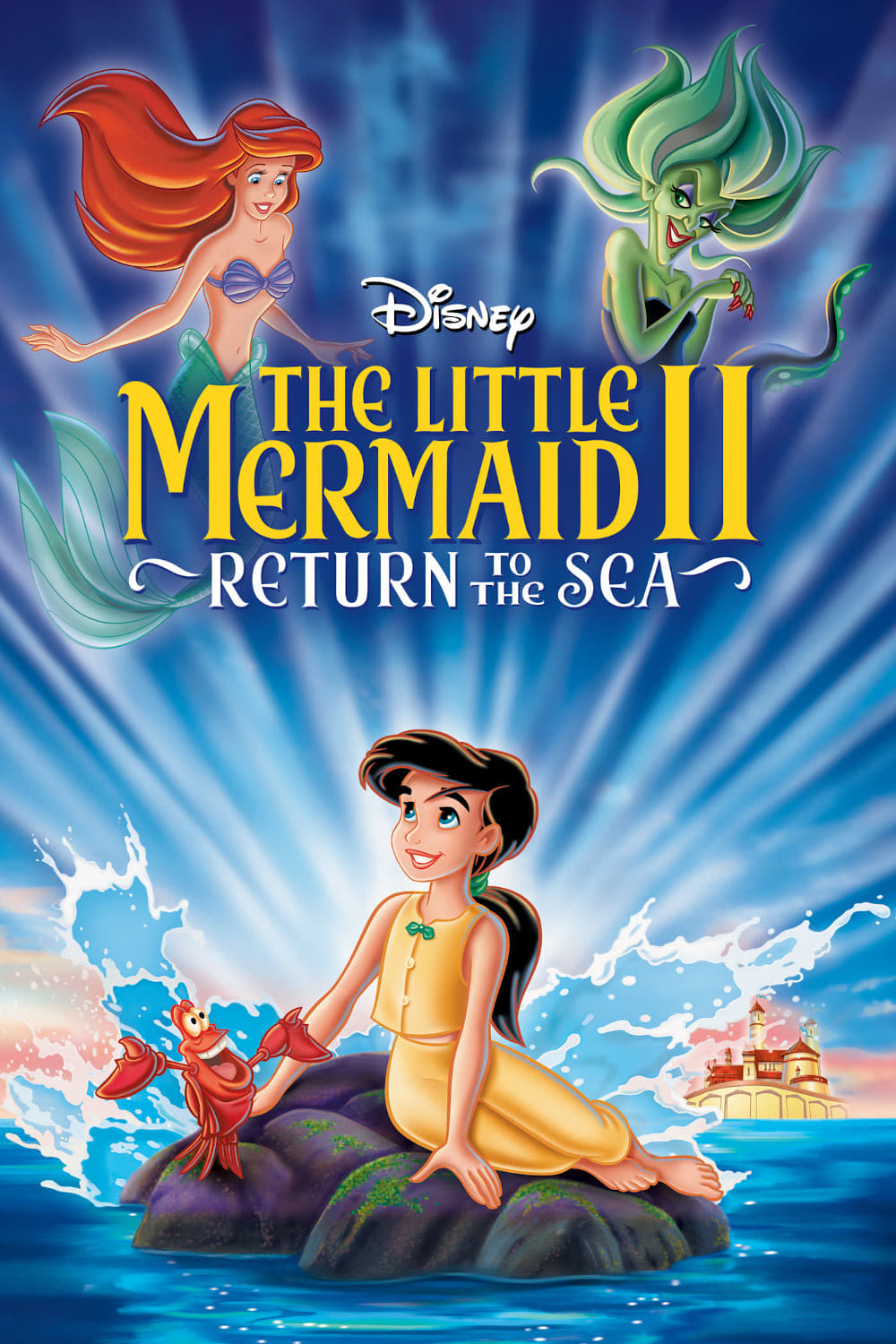
The Little Mermaid II: Return to the Sea
Movie / 2000
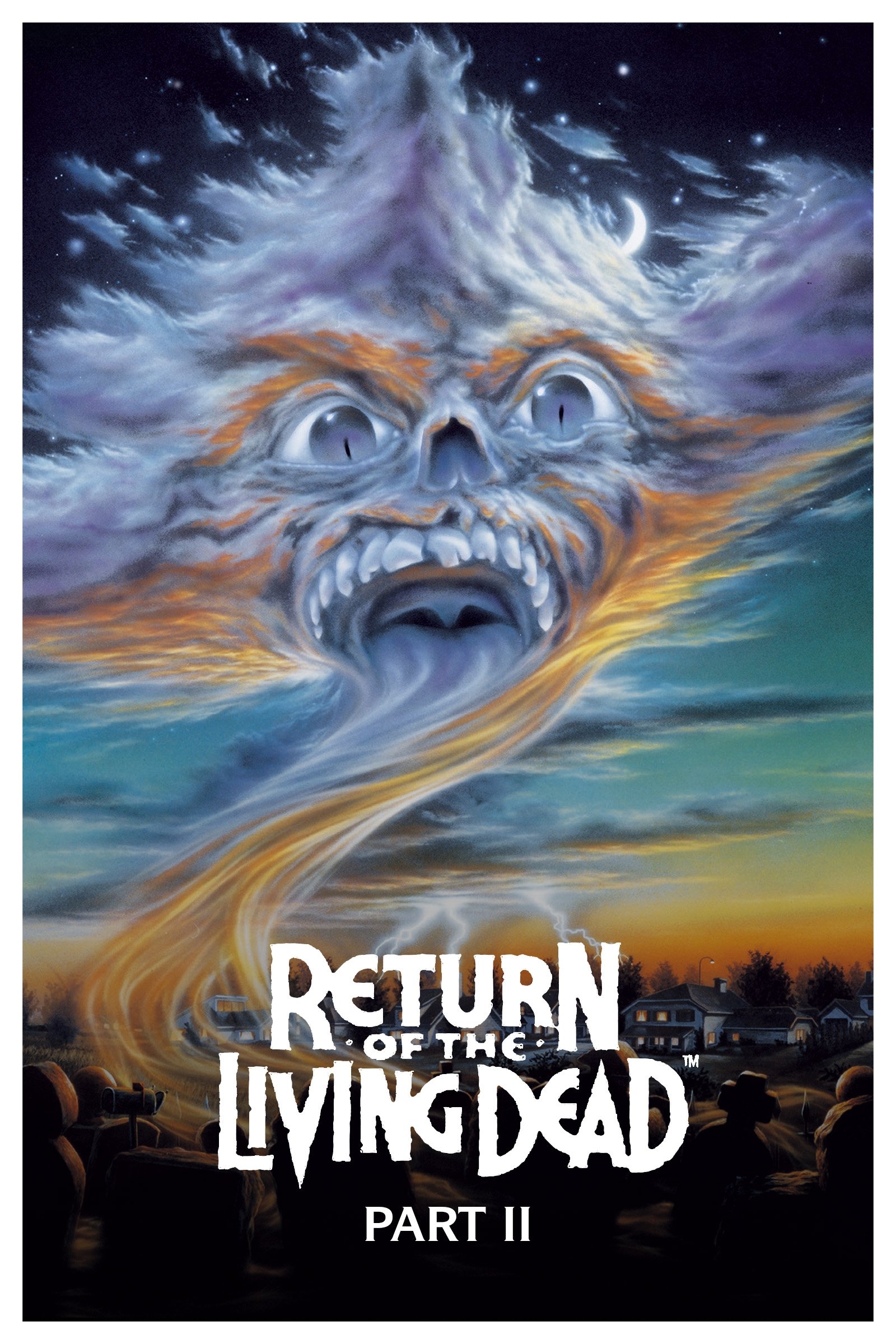
Return of the Living Dead Part II
Movie / 1988
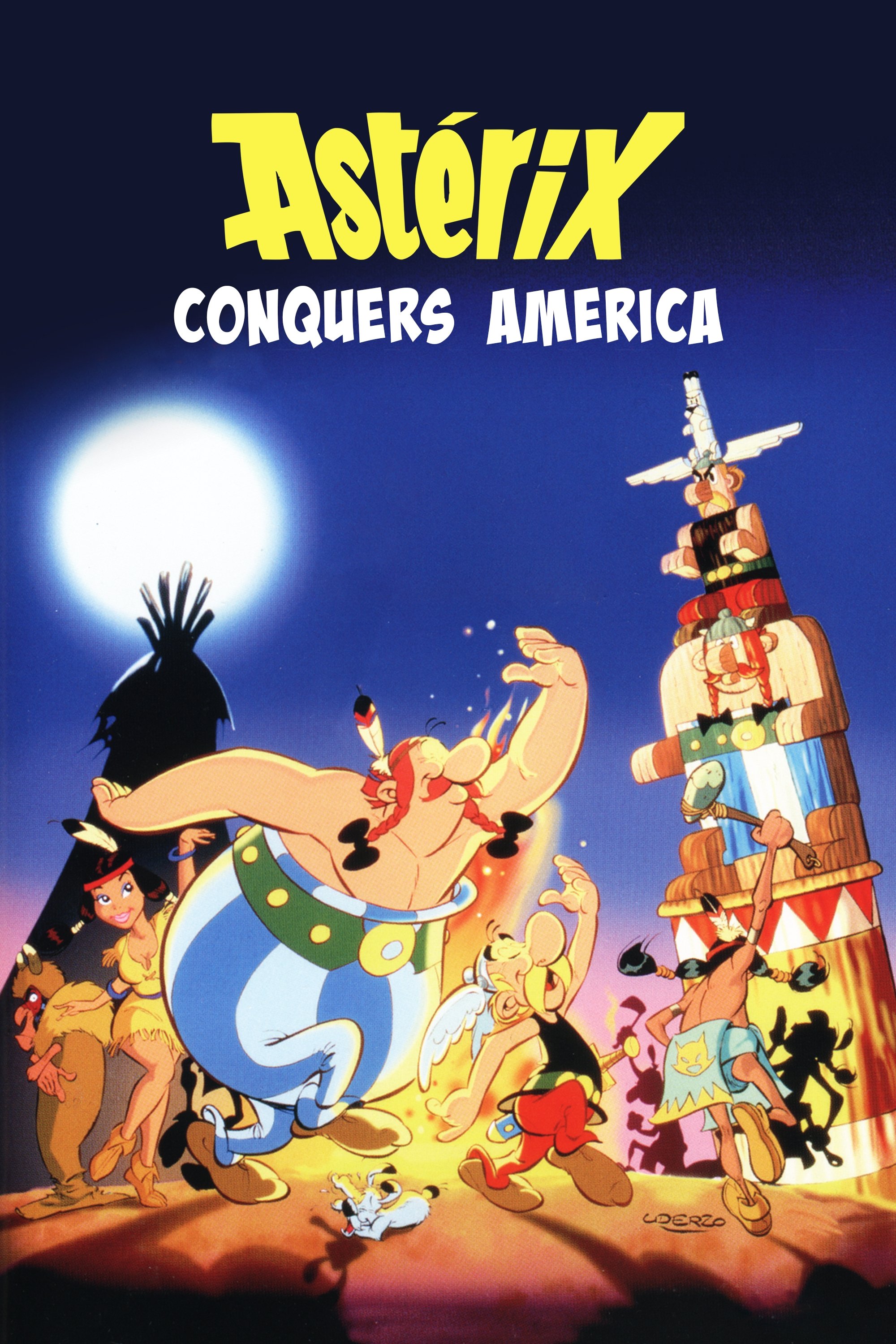
Asterix Conquers America
Movie / 1994

The Return of the Tall Blond Man with One Black Shoe
Movie / 1974
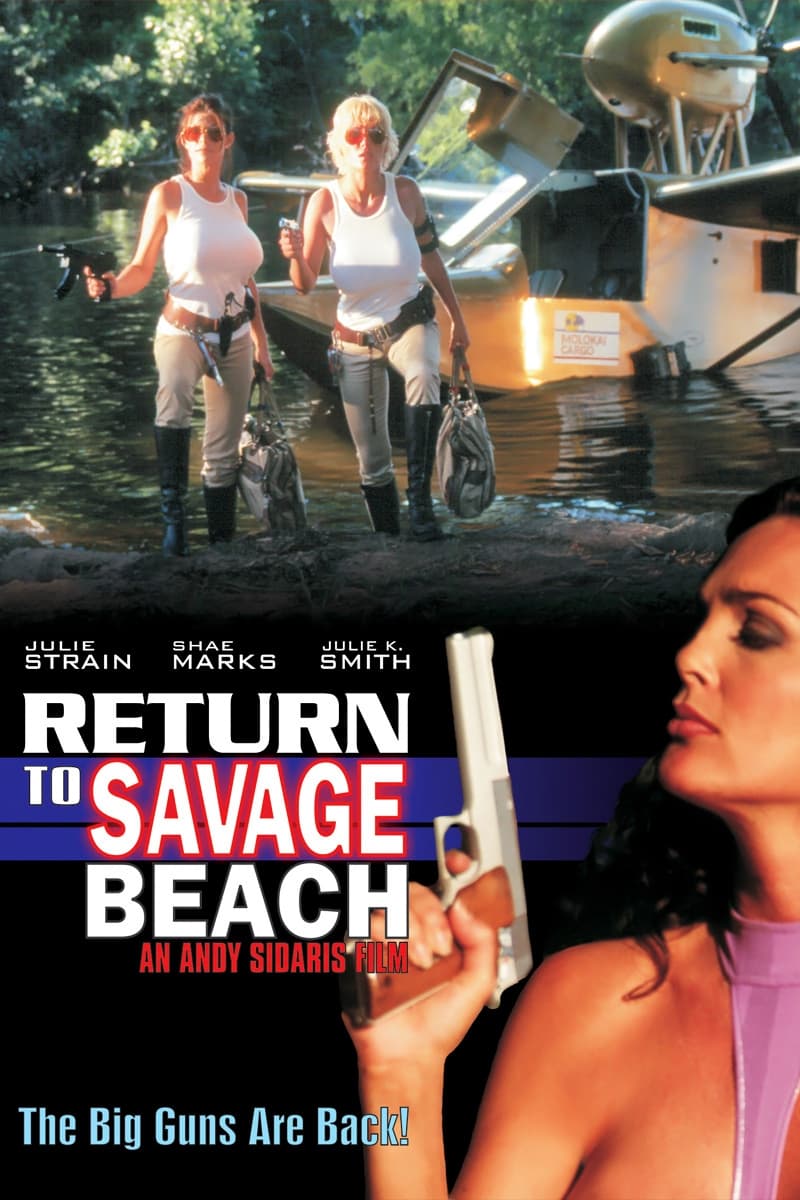
L.E.T.H.A.L. Ladies: Return to Savage Beach
Movie / 1998
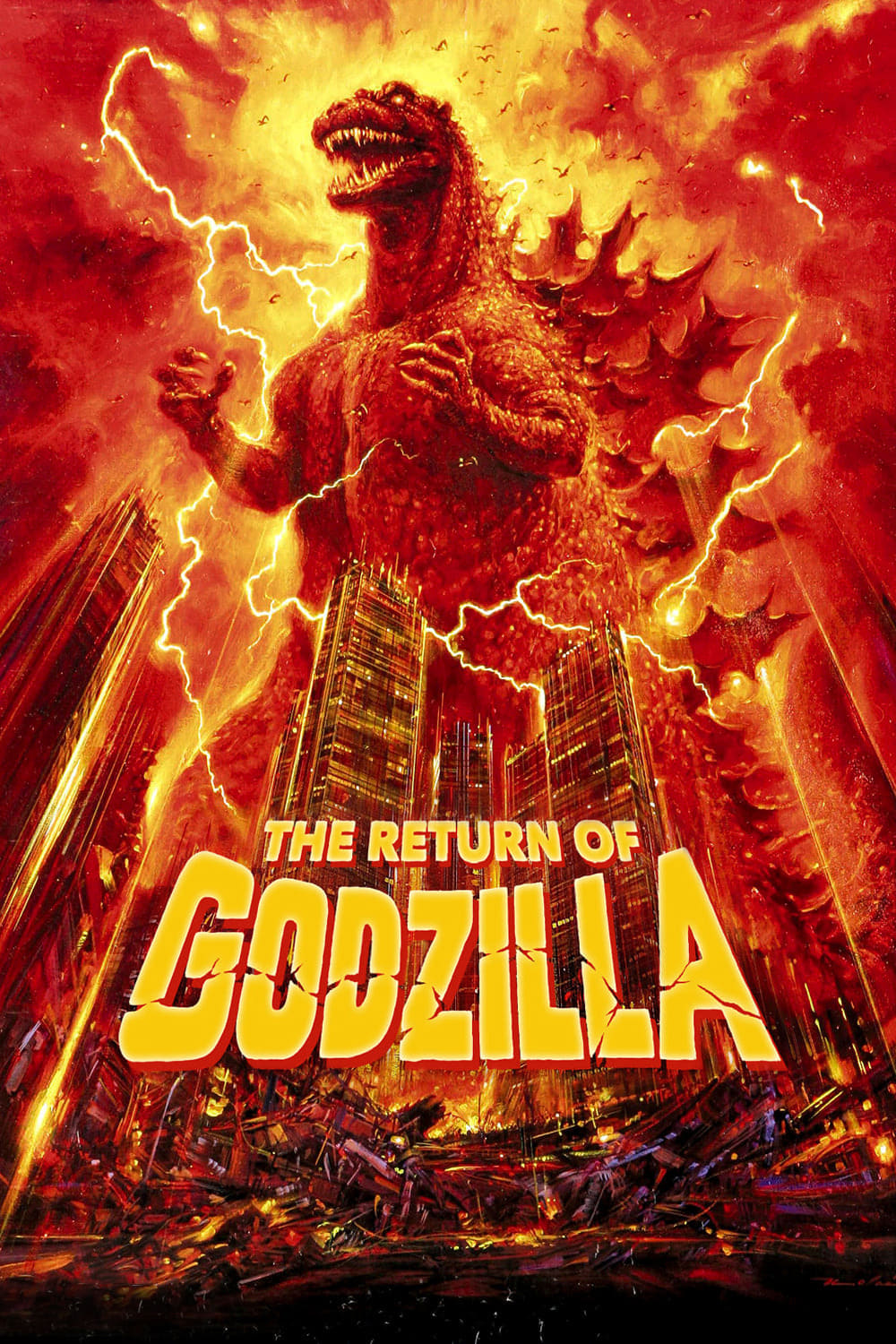
The Return of Godzilla
Movie / 1984

DC Showcase: Green Arrow
Movie / 2010
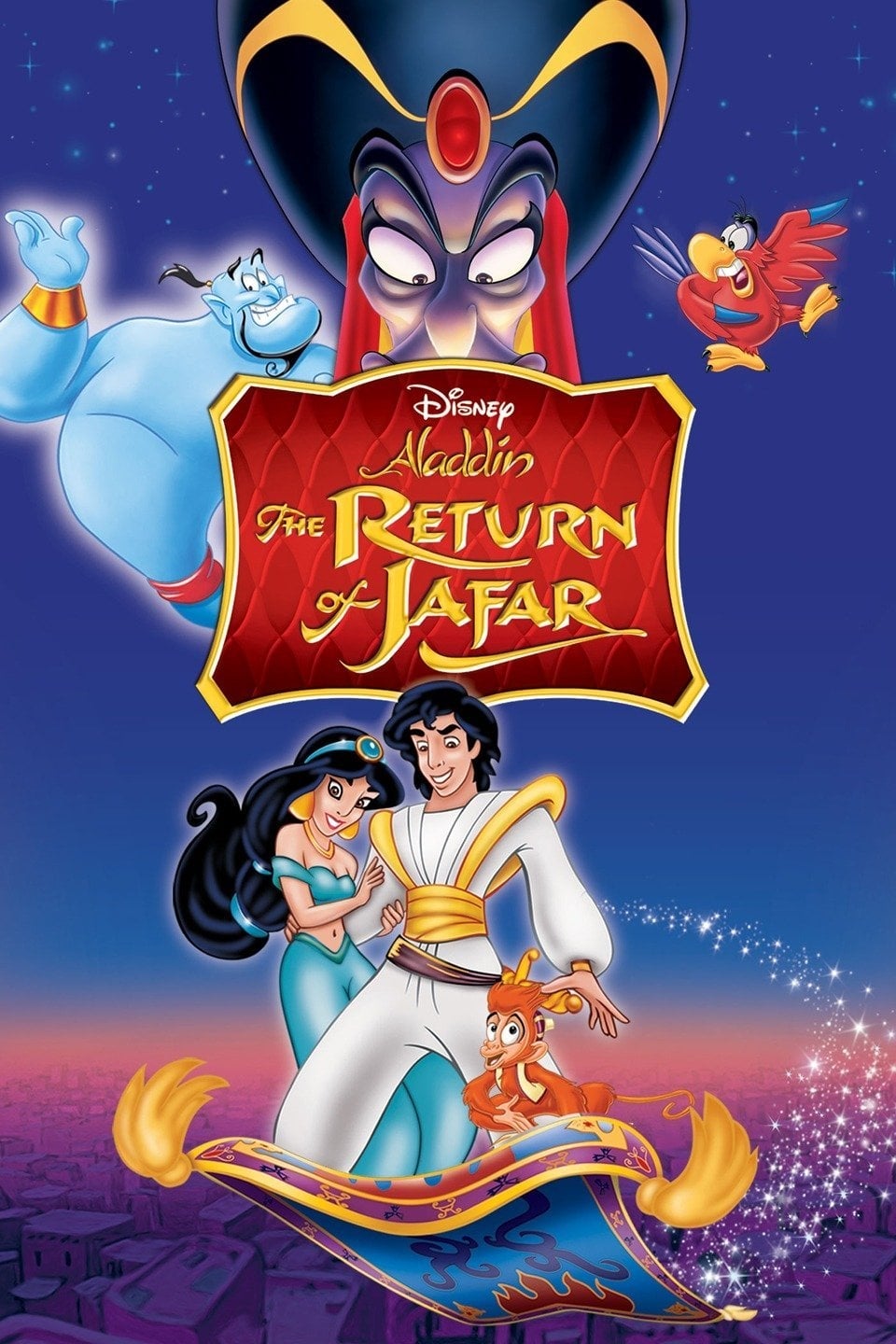
The Return of Jafar
Movie / 1994
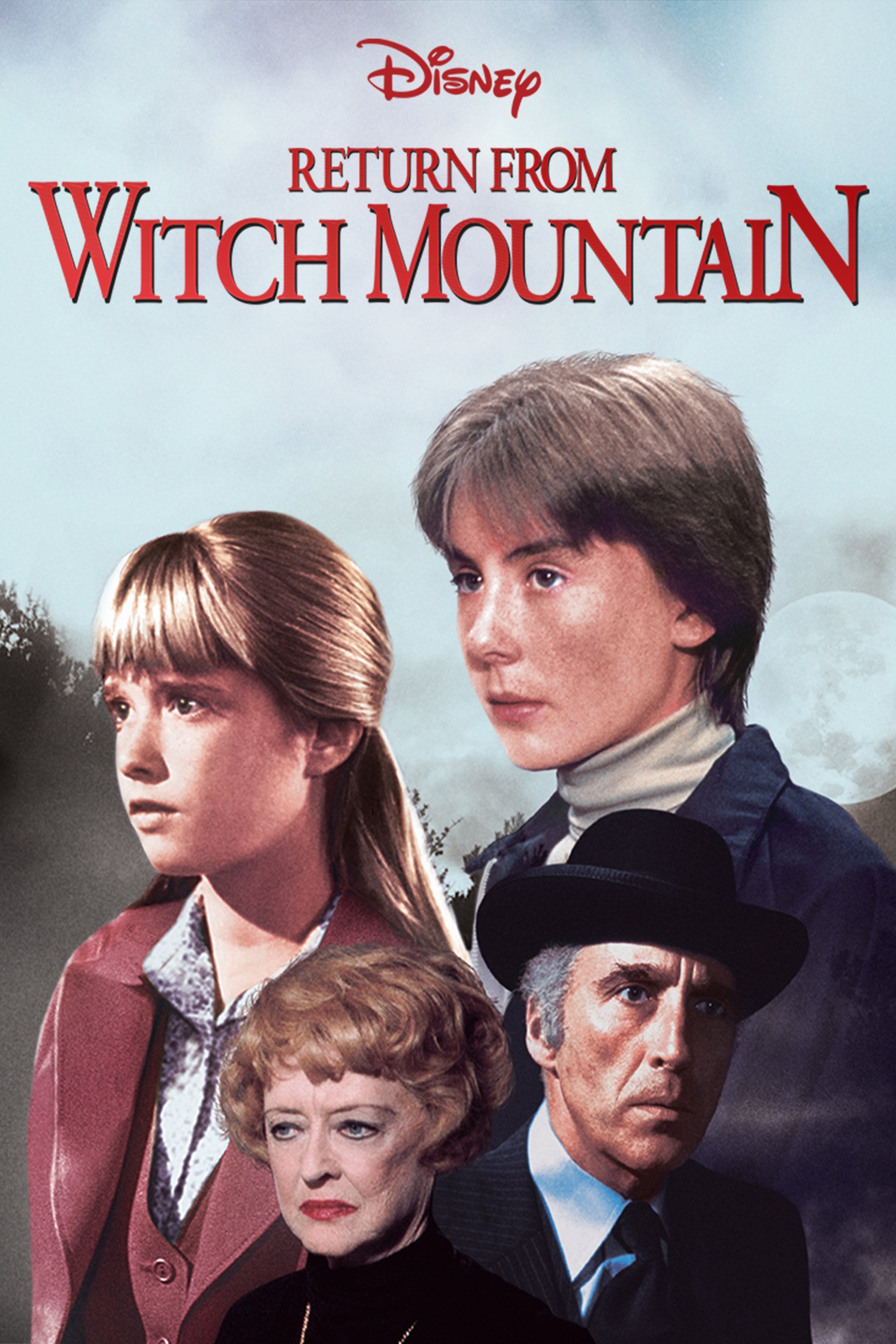
Return from Witch Mountain
Movie / 1978

Open Season 3
Movie / 2010

Barbie in the Pink Shoes
Movie / 2013
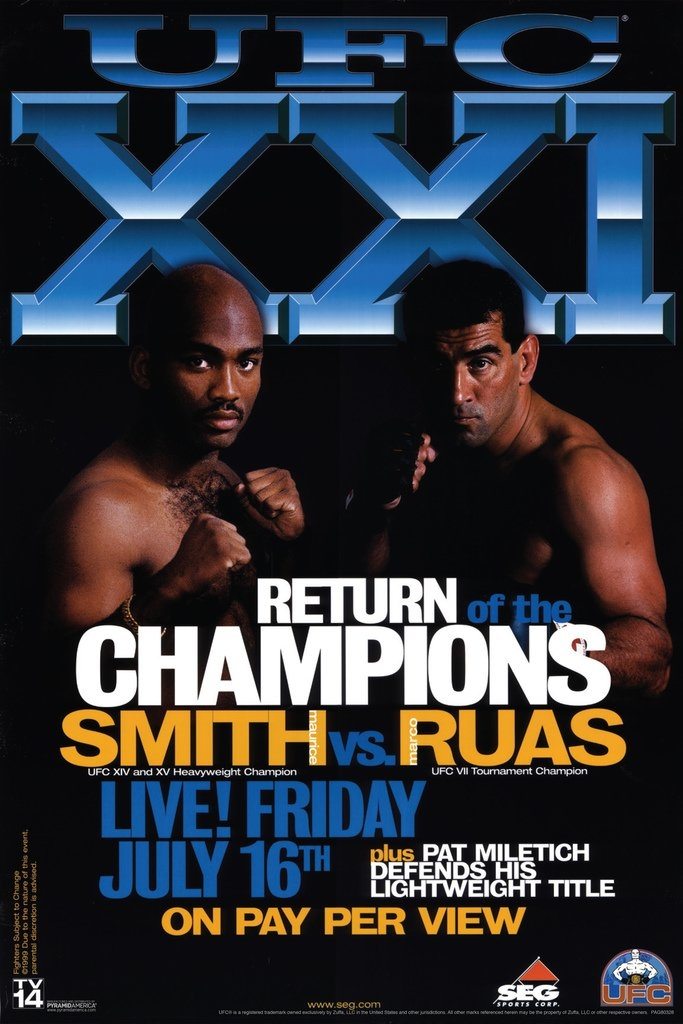
UFC 21: Return Of The Champions
Movie / 1999

Stuart Little 3: Call of the Wild
Movie / 2005

Barbie as the Island Princess
Movie / 2007

The Forgotten Imperial Army
Movie
6.0Oshima exposes the fact that many wounded soldiers cannot receive compensation from the Japanese government because of their Korean nationality, while questioning if this is a just way for the Japanese to act. The documentary uses TV to problematize the apathy of the Japanese people. According to Oshima’s 'The Idea of Evil and Cruelty' and Sato Tadao’s 'History of Japanese Documentary Film', the actual situation was much more serious and harsher than the documentary depicts.
Cast

Hōsei Komatsu
(voice)
You may also like

Cocoon: The Return
Movie / 1988

The Cave of the Golden Rose 2
Movie / 1992

WWE Wrestlemania XXVI
Movie / 2010

The Cave of the Golden Rose 3
Movie / 1993

Vampiros DF
Movie / 2017

Belle's Magical World
Movie / 1998

The Little Mermaid II: Return to the Sea
Movie / 2000

Return of the Living Dead Part II
Movie / 1988

Asterix Conquers America
Movie / 1994

The Return of the Tall Blond Man with One Black Shoe
Movie / 1974

L.E.T.H.A.L. Ladies: Return to Savage Beach
Movie / 1998

The Return of Godzilla
Movie / 1984

DC Showcase: Green Arrow
Movie / 2010

The Return of Jafar
Movie / 1994

Return from Witch Mountain
Movie / 1978

Open Season 3
Movie / 2010

Barbie in the Pink Shoes
Movie / 2013

UFC 21: Return Of The Champions
Movie / 1999

Stuart Little 3: Call of the Wild
Movie / 2005

Barbie as the Island Princess
Movie / 2007